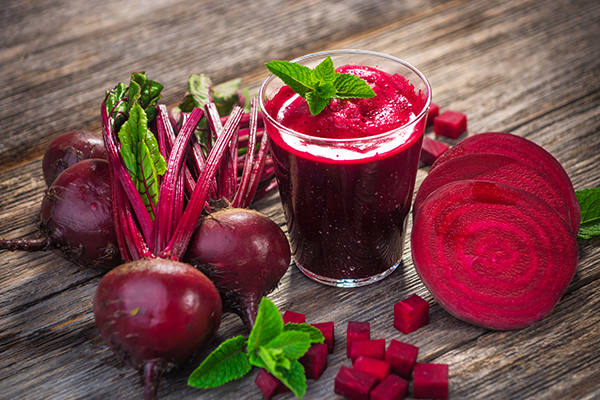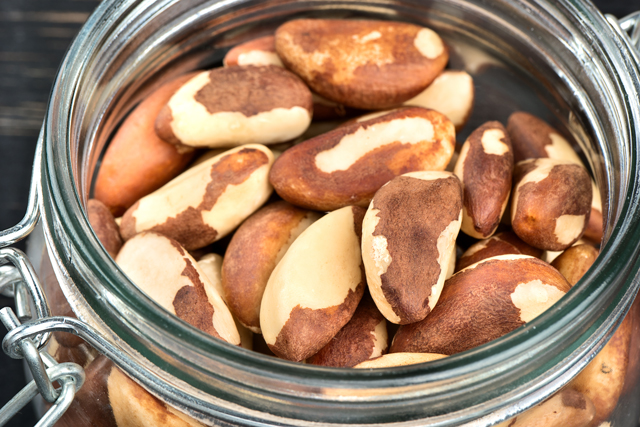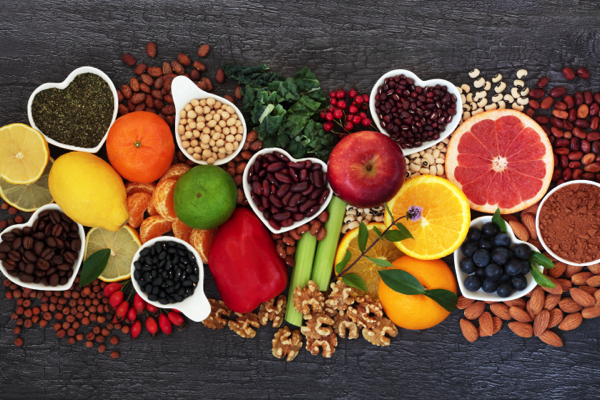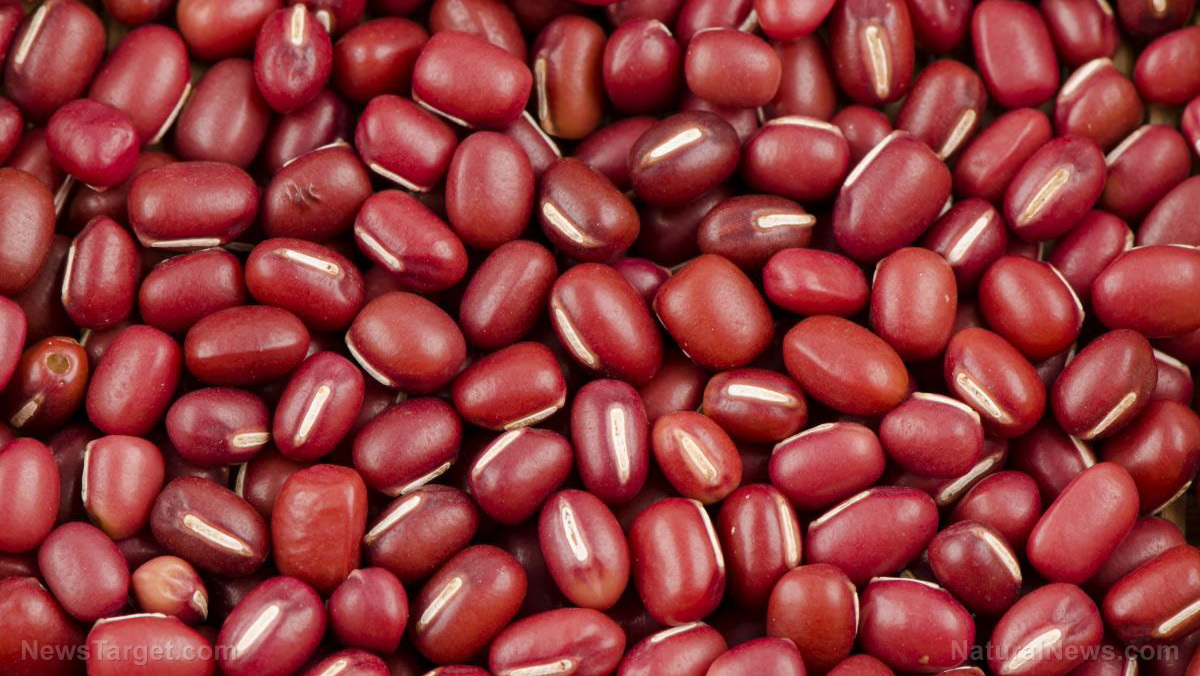Elevate your meals with avocado: The answer to diabetes and heart disease
06/12/2025 / By Evangelyn Rodriguez

- Science confirms avocados are a nutrient powerhouse that can support heart and metabolic health.
- Regular avocado consumption is linked to higher “good” HDL cholesterol and lower LDL cholesterol levels which support cardiovascular health.
- Research shows avocado eaters tend to have healthier blood glucose levels, and that replacing carbs with avocado’s monounsaturated fats can help reduce blood triglycerides levels in diabetics.
- Regular avocado consumption could also result in smaller waistlines and lower BMIs, likely due to increased satiety, and consequently lesser food intake, from healthy fats and fiber.
- Just ½ to one avocado daily (in salads, smoothies or toast) offers benefits. Experts recommend pairing them with whole foods for optimal health.
Could adding avocado to your daily diet help lower cholesterol, improve blood sugar and even shrink your waistline? A recent Australian study suggests it might — and the findings are turning heads in the world of nutrition science.
Researchers from the University of Wollongong analyzed data from over 2,700 Australian adults and discovered that those who regularly ate avocados had better cholesterol levels, lower blood sugar and smaller waistlines compared to non-avocado eaters.
The study, published in Nutrition Journal in 2024, adds to the growing evidence that this creamy green fruit is more than just a trendy toast topping — it might be a secret weapon for heart and metabolic health.
The avocado effect: What the study found
According to the study, only about 15 percent of Australians ate avocados regularly, but those who did showed some striking health benefits:
- Higher “good” cholesterol – Avocado consumers had significantly better high-density lipoprotein (HDL) levels, which helps clear artery-clogging low-density lipoprotein (LDL) cholesterol.
- Lower blood sugar – Even small amounts of avocado were linked to healthier glucose levels, a key factor in diabetes prevention.
- Smaller waistlines – Avocado eaters were found to have lower body mass indices (BMIs) and slimmer waist measurements, suggesting that eating avocados may help with weight management.
Interestingly, avocado lovers also ate more fruits, vegetables and fiber overall, hinting that avocados can be part of a broader healthy diet.
Avocados are a heart-healthy, diabetes-friendly superfood
Avocados are packed with monounsaturated fats (the same kind found in olive oil), fiber, magnesium and potassium. These nutrients are known to:
- Improve cholesterol balance by lowering LDL while maintaining or boosting HDL
- Stabilize blood sugar by slowing digestion and reducing carbohydrate-induced spikes
- Promote fullness, potentially helping people eat fewer processed snacks
Past studies — such as a 2022 randomized trial which found that eating avocados daily can decrease total cholesterol levels by 2.9 milligrams per deciliter (mg/dL) and LDL cholesterol by 2.5 mg/dL — support these findings. The said research also reported that, aside from not causing weight gain despite contributing calories, incorporating an avocado a day improved the overall quality of the participants’ diets.
Meanwhile, a study published in Diabetes Care found that partially replacing carbohydrates with monounsaturated fats like those found in avocados slashed blood triglycerides by 20 percent in diabetics. The participants were also able to maintain adequate glycemic control while on an avocado-enriched diet. (Related: Study: Eating an avocado a day can help improve overall diet quality.)
How to add avocados to your diet
Avocados are delicious as well as nutritious. They are also versatile and can be enjoyed in dips, spreads, salads, shakes, smoothies and soups. Aside from healthy fats, avocados are high in fiber, with one avocado providing about 13.5 grams, which is almost half of the recommended daily fiber intake for Americans. But it’s important to note that a whole avocado generally contains between 200 to 300 calories, depending on size.
So if you’ve decided to add avocados to your diet, limit yourself to no more than one avocado per day for maximum benefits, advises Dr. Ariana Cucuzza, a functional medicine dietitian. Cucuzza also recommends combining avocado with plenty of whole foods, noting that, “[w]e find when patients eat more real food, and less processed food, things tend to fall into place.”
You don’t need to drown your meals in guacamole to enjoy avocado’s benefits. Even modest avocado intake — think a few slices on toast or blended into a smoothie — could contribute to better metabolic health. As researchers dig deeper, one thing is clear: This buttery fruit deserves its superfood status.
So, will you be adding avocado to your plate today? The science says it’s worth a try.
Watch this video about avocados and their many health benefits.
This video is from the Natural News channel on Brighteon.com.
More related stories:
Avocados are REAL superfoods with plenty of health benefits.
Avocado oil: A nutrient powerhouse for health and cooking.
Avocados in pregnancy: The superfood that slashes allergy risk and boosts fetal health.
Sources include:
Submit a correction >>
Tagged Under:
avocado, blood sugar, diabetes cure, food cures, food is medicine, food science, fruits, functional food, health science, heart disease, heart health, natural cures, natural health, natural medicine, naturopathy, nutrients, nutrition, organics, remedies, weight management
This article may contain statements that reflect the opinion of the author
RECENT NEWS & ARTICLES
COPYRIGHT © 2017 TOP 10 GROCERY SECRETS




















